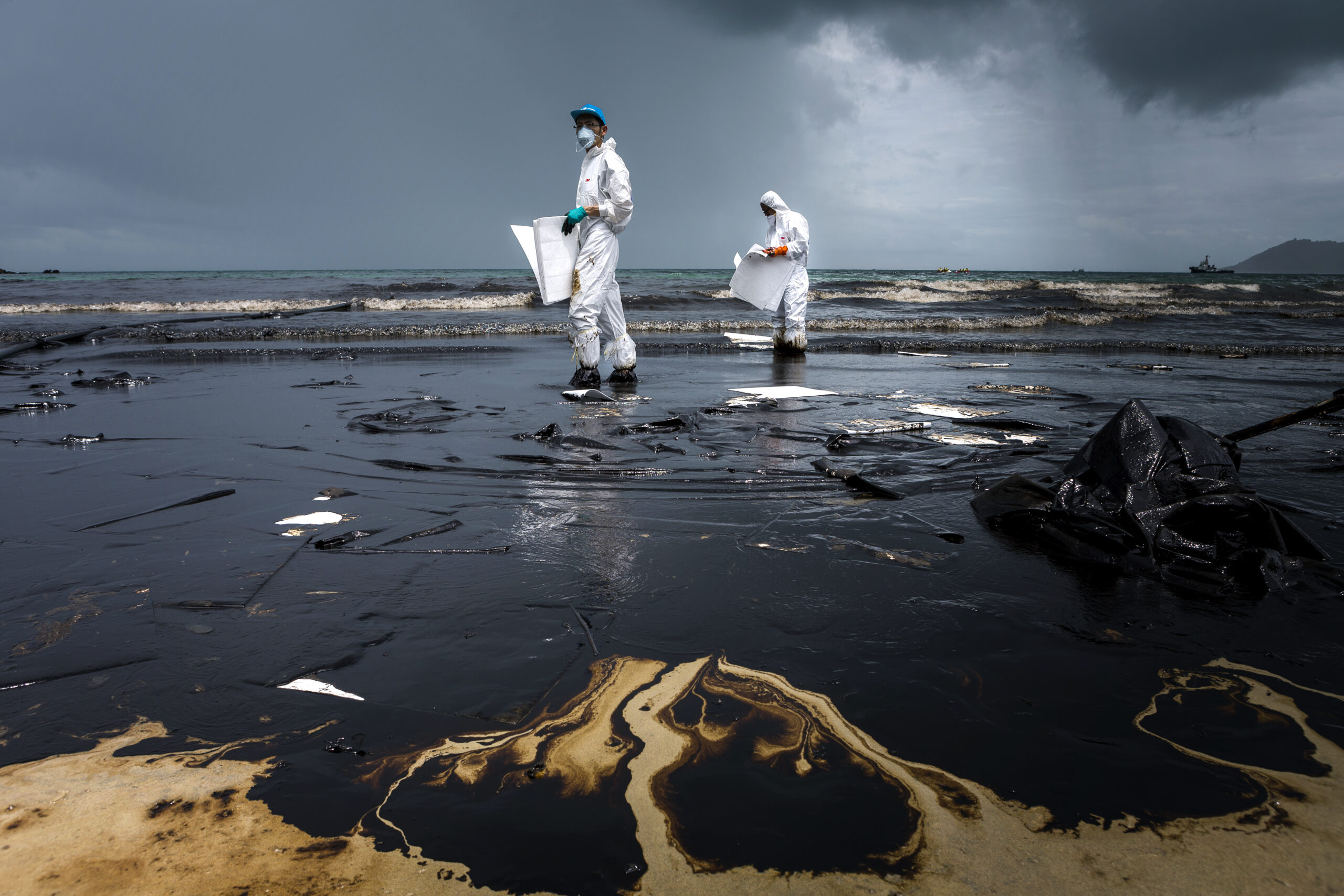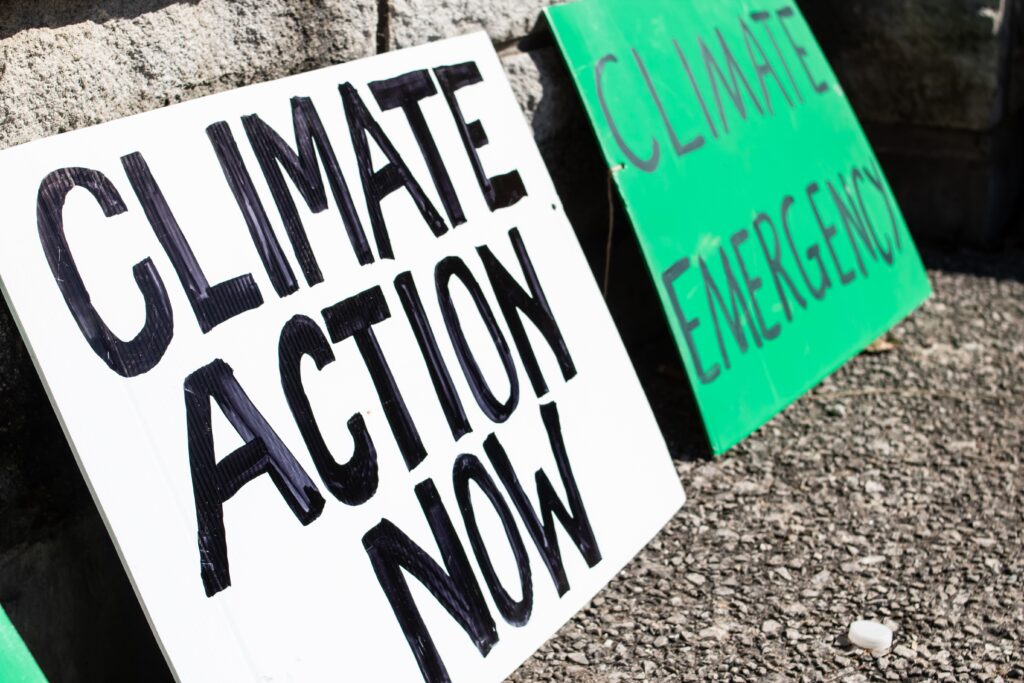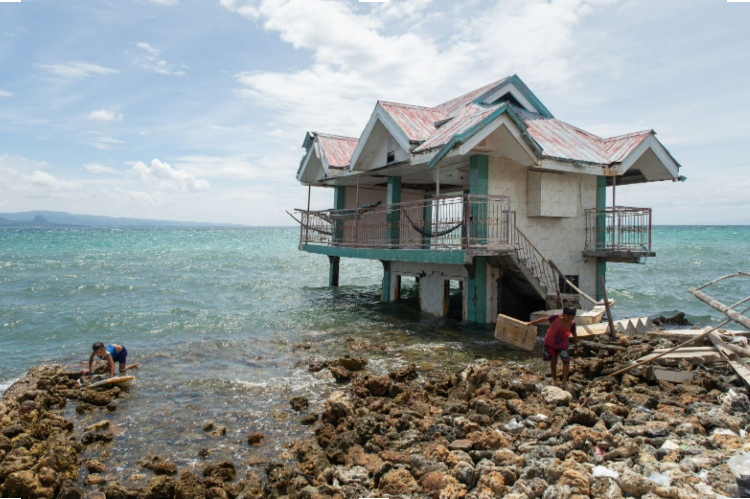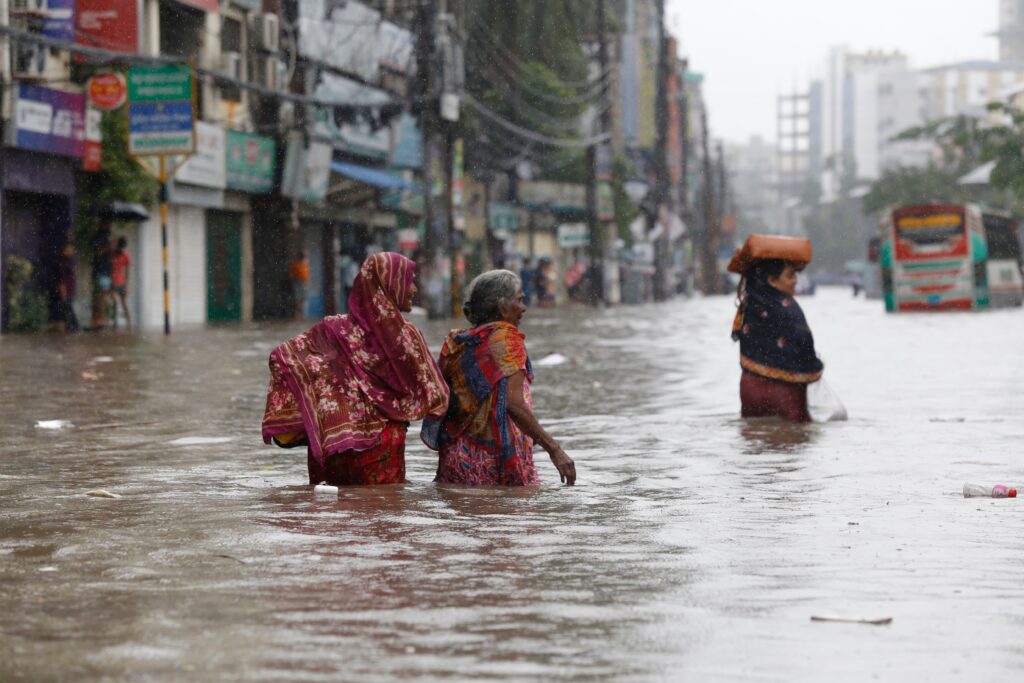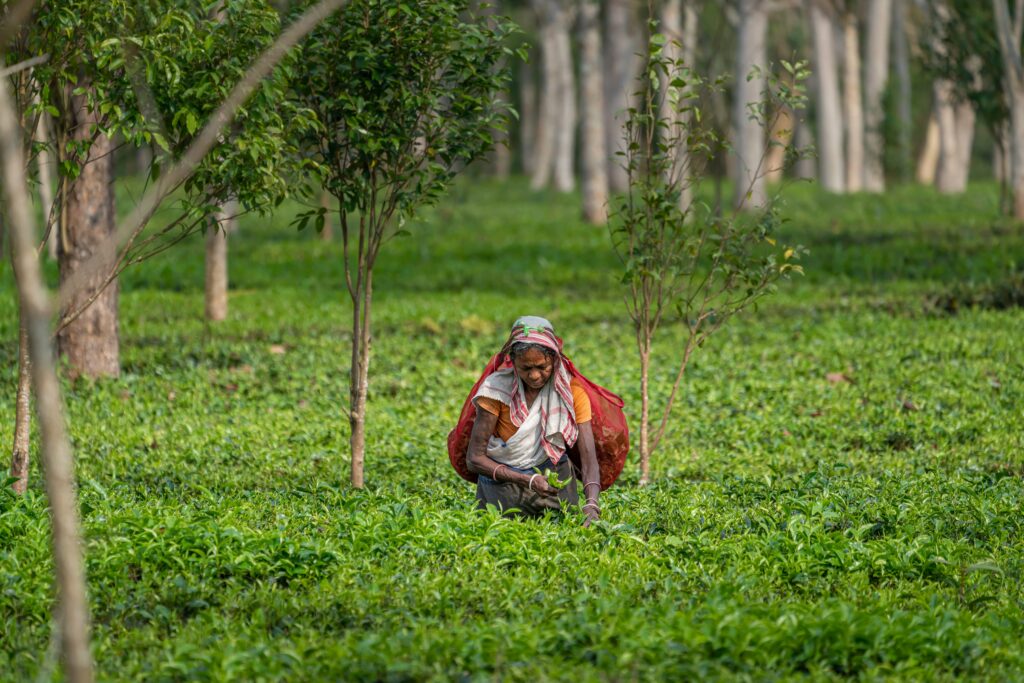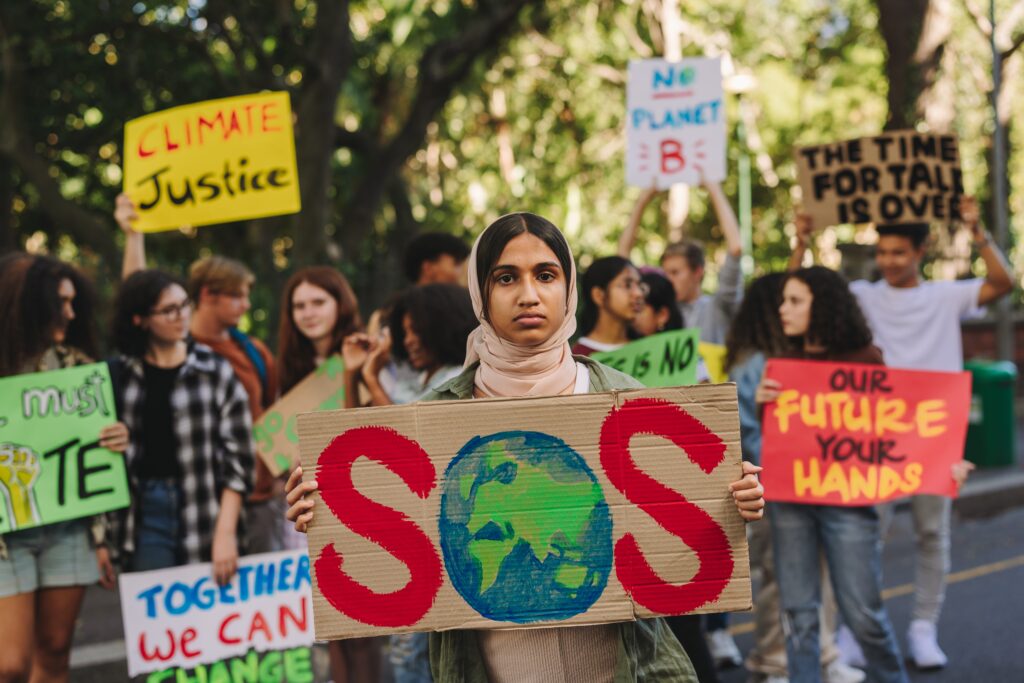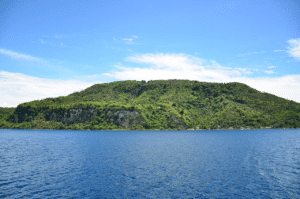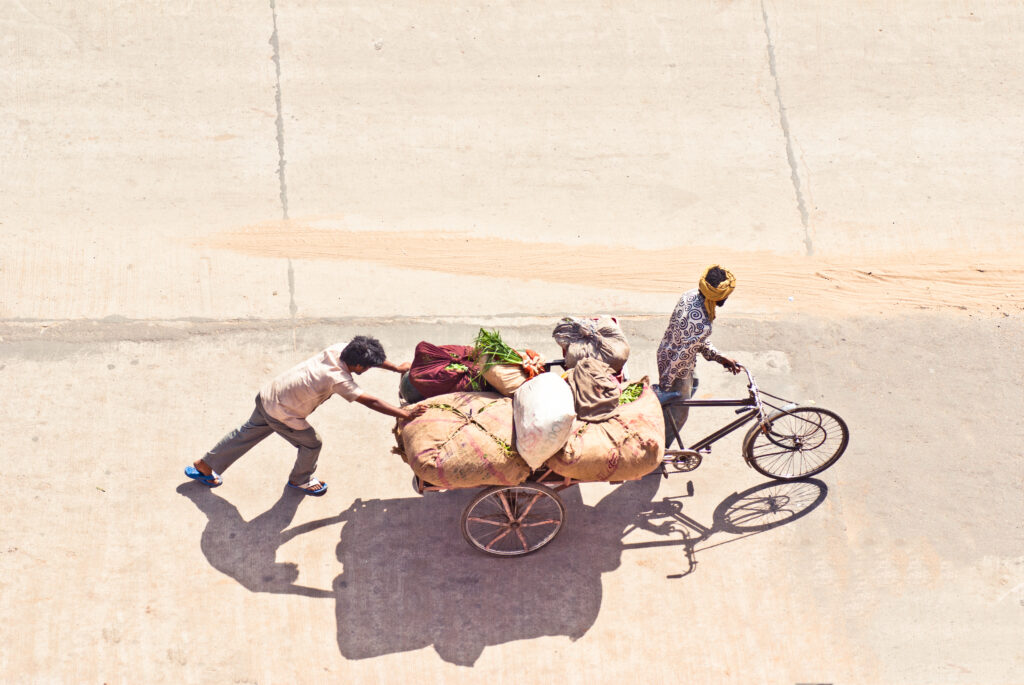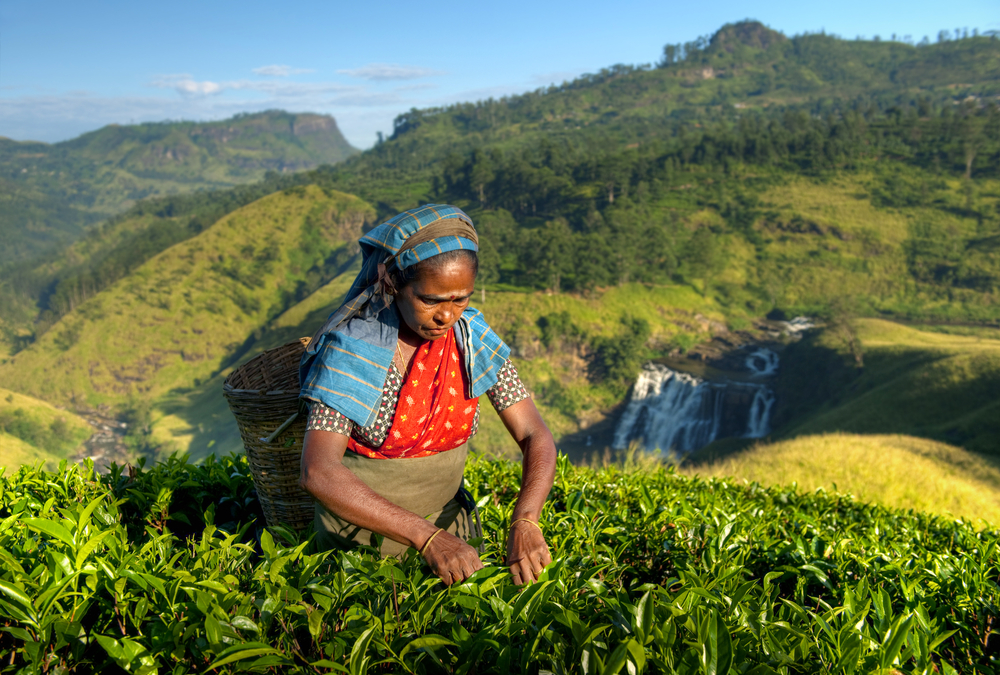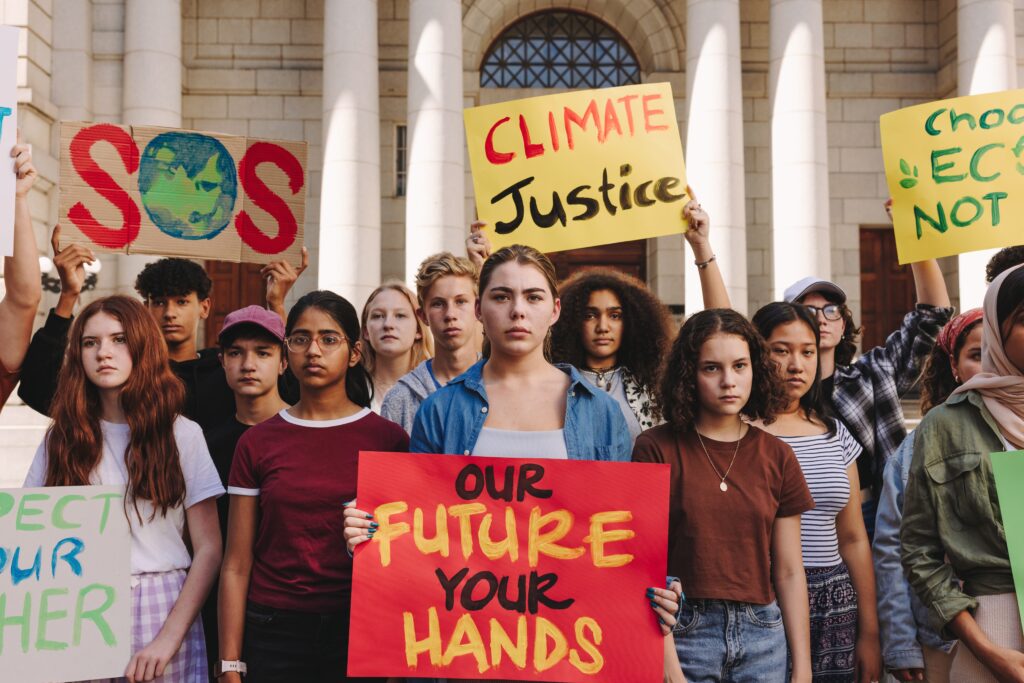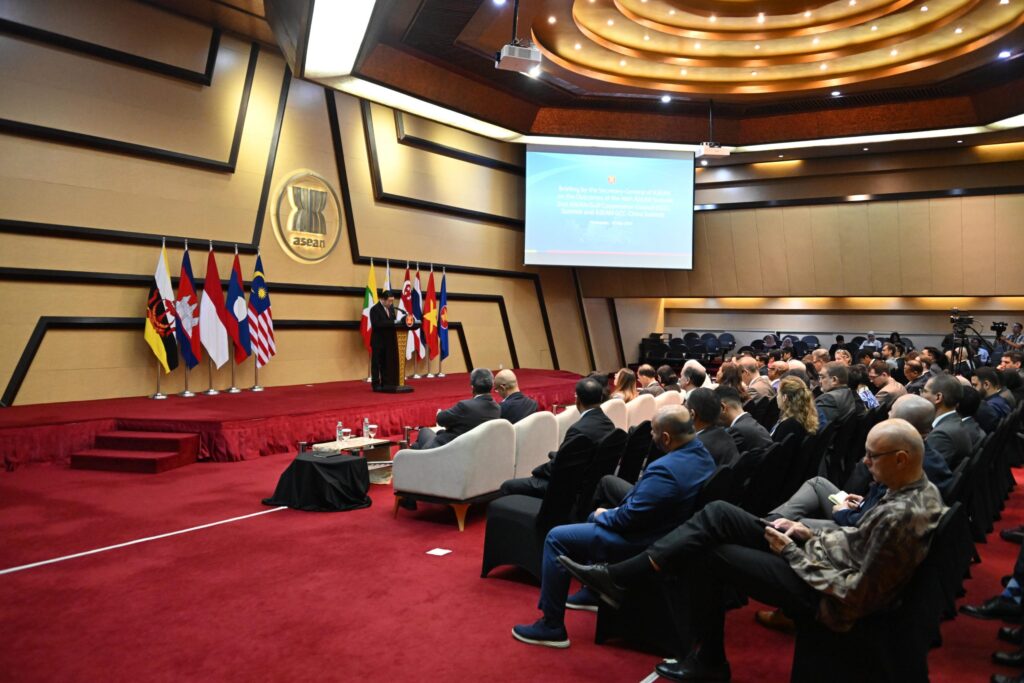A massive cleanup operation is underway as a major oil spill in the Philippines threatens pristine marine ecosystems and the livelihoods of thousands working in fishing and tourism.
The MT Princess Empress, an oil tanker carrying 800,000 L of industrial oil, sank in rough seas off the coast of Pola Oriental Mindoro province on February 28. A national government response mobilised to attempt to contain the damage, with reports showing the oil slick had spread across vast swathes of the ocean and 55.5 km of shoreline.
Spilled oil from the sunken tanker can kill corals and can poison or suffocate wildlife. This can contaminate food chains and ecosystems. As a result, authorities have declared a state of calamity and imposed fishing bans in affected areas, impacting the livelihoods and food sources of nearly 18,000 fishing workers.
Tourists have also cancelled bookings, risking the country’s long-term economic recovery following the COVID-19 pandemic.
So far, the disaster has impacted almost 150,000 people. As well as the impact on livelihoods and food security, residents are reporting illness as they work to clean up the contamination. Experts say the environmental cleanup could take up to one year.
Philippines Oil Spill Effects on Rich Marine Biodiversity
The oil tanker MT Princess Empress disaster has damaged the ocean and coastal biodiversity, including marine protected areas, sanctuaries and the endemic species found only in the Philippines.
Overall, experts warn that up to 360 square km of pristine marine ecosystems are at risk from the spilled industrial fuel oil, including coral reefs, mangroves and seagrass beds. The Philippine Coast Guard has confirmed the crude oil spill has reached the Verde Island Passage (VIP), one of the world’s most biodiverse marine ecosystems, dubbed the “Amazon of the Ocean”.
Calls for Accountability and Reparations
A report by Rappler revealed that a San Miguel Shipping subsidiary had chartered the MT Princess Empress. Meanwhile, the oil refining arm of the San Miguel Corporation, Petron, previously denied its involvement in the incident.
A senate probe into the disaster revealed that the vessel did not have a permit to operate. Additionally, the Maritime Industry Authority alleged that the MT Princess Empress was a rebuilt scrap ship, contradicting the operator’s claim that it was new.
Environmental groups and communities are calling for compensation for the damage to livelihoods, health and biodiversity. Justice Secretary Jesus Crispin “Boying” Remulla said there should be criminal liability for those responsible for the disaster.
Fossil Fuel Expansion Risks Future Oil Spills in the Philippines
This latest oil spill in the Philippines is the largest since the worst in the nation’s history. In 2006, the ship M/T Solar 1, hired by Petron Corporation, spilled over 2.1 million L of bunker oil off the coast of Guimaras.
The heavy domestic and international shipping traffic in the Philippine archipelago makes it a hotspot for oil spills. Moreover, many large fossil fuel facilities are situated close to the latest disaster site, with dozens more planned for development.
The network Protect VIP is calling for a halt in these expansions, warning of the risk of future devastating spills. “More plans for LNG terminals means more shipping vessels passing through the marine corridor. This increases the possibility of a similar situation happening in the future”, said Father Edwin Gariguez, Protect VIP’s lead convenor.
Rather than expanding polluting developments, the government must end fossil fuel dependence and start holding corporations accountable, said Greenpeace campaigner Jefferson Chua in response to the disaster.
“The oil industry is a ticking time bomb for the country, which is already bearing the burden of climate impacts year after year”, said Chua. “We demand that these companies acknowledge the danger they are putting us in, pay climate reparations and stop further expansion of their toxic operations.”
Editors note: due to an editing error this article previously referred to the oil spill as “the worst oil spill” this is incorrect. The worst oil spill in the Philippines is considered to be the Guimaras oil spill in 2006.
Evelyn Smail
Writer, United Kingdom
Evelyn is a freelance writer and journalist specialising in climate science and policy, the just energy transition and the human impacts of climate change. She writes for independent publications, NGOs and environmental organisations. Evelyn has a background in sustainable development, climate justice and human rights.
Evelyn is a freelance writer and journalist specialising in climate science and policy, the just energy transition and the human impacts of climate change. She writes for independent publications, NGOs and environmental organisations. Evelyn has a background in sustainable development, climate justice and human rights.

